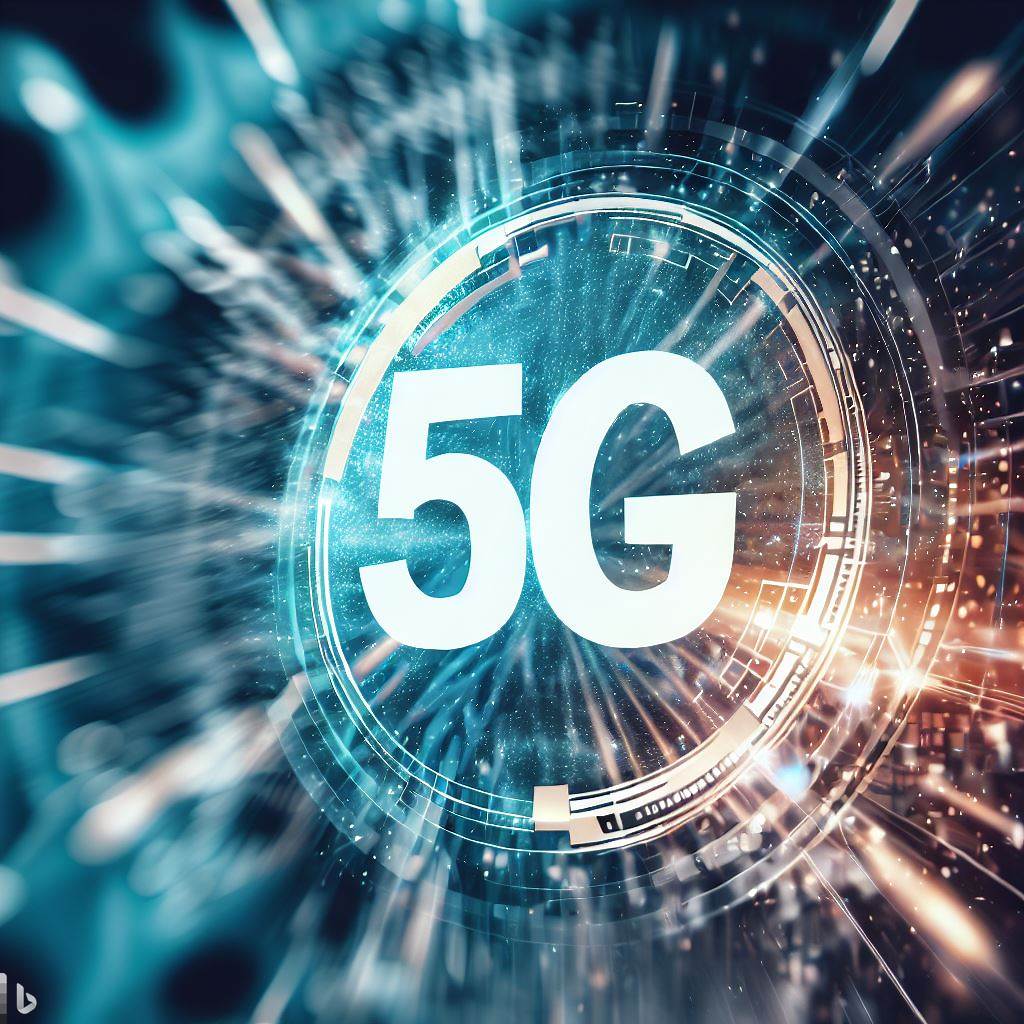
Introduction:
In today's interconnected world, staying connected and having access to fast and reliable communication is crucial. With the advent of 5G technology, a new era of connectivity is dawning upon us. 5G, the fifth generation of wireless technology, promises to revolutionize communication and connectivity, offering unprecedented speeds, low latency, and expanded capacity. In this article, we will delve into the impact of 5G technology, exploring its potential to transform industries, enhance user experiences, and pave the way for future innovations. With an analytical and informative tone, we will examine the key benefits and implications of 5G technology.
Blazing-Fast Speeds and Enhanced Bandwidth:
One of the most significant advantages of 5G technology is its remarkable speed and enhanced bandwidth. With speeds that can reach up to 10 gigabits per second (Gbps), 5G is set to deliver an unprecedented level of connectivity. This ultra-fast speed will enable seamless streaming of high-definition content, smooth video conferencing, and rapid file downloads. Additionally, the increased bandwidth will accommodate a vast number of connected devices, supporting the growth of the Internet of Things (IoT) and enabling smart cities and autonomous vehicles.
Low Latency and Real-Time Responsiveness:
Another game-changing aspect of 5G technology is its low latency, which refers to the delay in data transmission. With 5G, latency is expected to be as low as a few milliseconds, allowing for real-time responsiveness and near-instantaneous communication. This low latency is crucial for applications that require immediate feedback, such as remote surgeries, autonomous vehicles, and virtual reality gaming. With 5G, these technologies will reach their full potential, delivering seamless and immersive experiences.
Enabling IoT and Smart Cities:
The Internet of Things (IoT) is a network of interconnected devices that communicate and share data. 5G technology is a catalyst for the growth of the IoT, as it provides the necessary bandwidth and low latency for a vast number of devices to connect and exchange information. With 5G, smart cities will become a reality, where sensors and devices collect and analyze data to optimize infrastructure, transportation, energy consumption, and more. This interconnectedness will enhance efficiency, improve quality of life, and drive innovation across various industries.
Transforming Industries and Enabling Innovation:
5G technology has the potential to transform industries, revolutionizing sectors such as healthcare, manufacturing, transportation, and entertainment. In healthcare, 5G-enabled remote surgeries and telemedicine will bridge the gap between patients and healthcare providers, ensuring access to quality care, regardless of geographical barriers. In manufacturing, 5G's low latency and high capacity will enable real-time monitoring, predictive maintenance, and automation, leading to increased productivity and cost savings. The entertainment industry will witness the emergence of immersive experiences with augmented reality (AR) and virtual reality (VR), powered by 5G's high-speed and low-latency capabilities.
Implications for Data Privacy and Security:
With the proliferation of connected devices and the vast amount of data being transmitted, data privacy and security become paramount concerns. As 5G technology facilitates a more extensive network of interconnected devices, robust security measures must be in place to protect sensitive information. Encryption, authentication protocols, and data privacy regulations will play a crucial role in safeguarding data and ensuring user trust in the 5G ecosystem.
Infrastructure Upgrades and Deployment Challenges:
Implementing 5G technology requires significant infrastructure upgrades. The deployment of 5G base stations and small cells, along with the necessary fiber-optic networks, poses challenges in terms of cost, regulatory approvals, and infrastructure planning. Governments, telecommunications companies, and technology providers need to collaborate to ensure the seamless rollout of 5G networks and bridge the digital divide.
Conclusion:
5G technology is poised to revolutionize communication and connectivity, transforming industries, enhancing user experiences, and fueling innovation. With its blazing-fast speeds, low latency, and expanded capacity, 5G opens the doors to a new era of possibilities, from IoT and smart cities to remote surgeries and immersive entertainment. However, as we embrace the potential of 5G, it is crucial to address concerns related to data privacy, security, and infrastructure deployment. By recognizing the transformative power of 5G and taking the necessary steps to address challenges, we can fully unlock its potential and shape a future where communication and connectivity know no bounds.






Comments
There are no comments for this story
Be the first to respond and start the conversation.